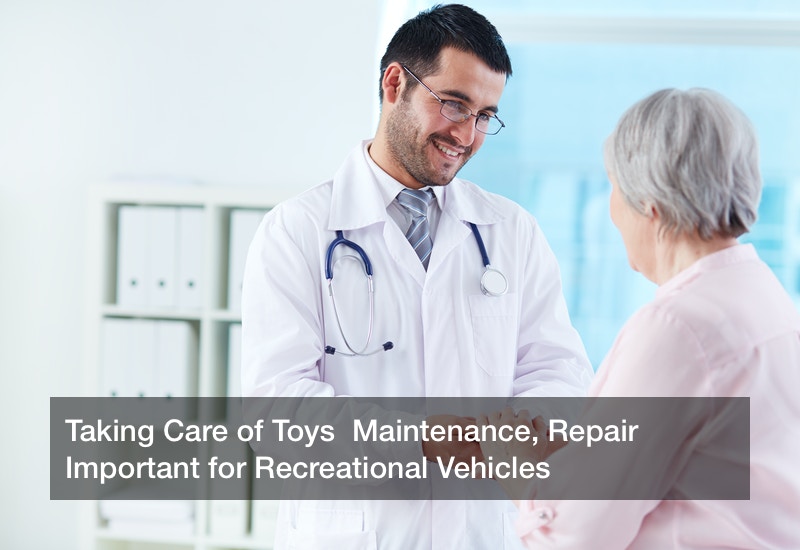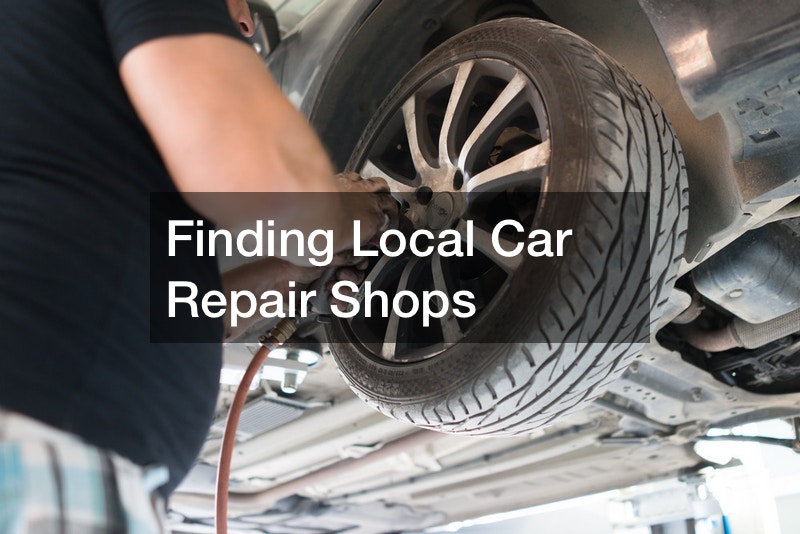Most people in the U.S. own at least one automobile, but many people also own accessory vehicles that they use for recreation. For example, there were 427,000 motorcycles purchased in 2017 and nearly 125,000 snowmobiles bought in 2018. When the economy is doing well, it tends to increase demand for these types of recreational vehicles, because people have more disposable income to buy them. Of course, just like automobiles, these vehicles will need service and maintenance over their lives to keep them in good operating condition. Nearly 80% of vehicles on the road need maintenance at any time, and that applies to recreational vehicles as well. Here are some of the most common maintenance issues you may encounter with recreational vehicles.
For vehicles that have tires such as motorcycles and ATVs, those will need to be replaced regularly, although how often will depend on usage. If you use the vehicles daily, then tires will wear out much faster than if you only use them occasionally, such as on weekends.
General maintenance can also include changing fluids. This will definitely include regular oil changes, and it can include other fluids such as transmission fluid. Again, the frequency of these changes is going to depend on how much you use your vehicle.
In addition to regular and general maintenance, you also may face some major repair tasks with your recreational vehicles. Fuel pump repair is one of these tasks. Newer motorcycles are likely to be fuel injected, for example, which means they have motorcycle electric fuel pumps. These motorcycle electric fuel pumps can be complicated to repair or replace, so it’s important you have a qualified technician do the work to ensure it is done correctly and meets all warranty standards. Other recreational vehicles, including ATVs and snowmobiles also may have similar electric fuel pumps.
There are a number of other maintenance and repair items you may be faced with — everything from changing a headlight to a major engine overhaul. The main thing to remember is that you need to treat your recreational vehicles as well as you treat your everyday car or truck.
Taking Care of Toys Maintenance, Repair Important for Recreational Vehicles


